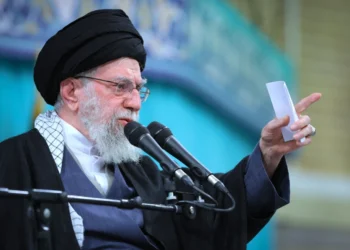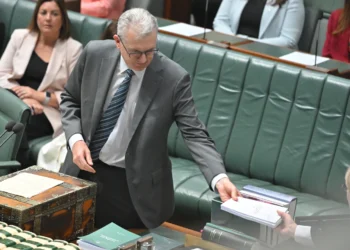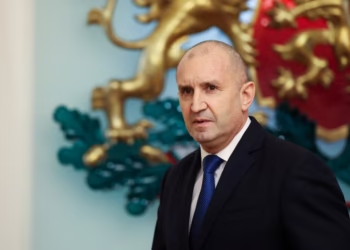ISLAMABAD (Realist English). Candidates for the post of the next prime minister of Pakistan must submit their nomination papers on April 10 after Imran Khan received a vote of no confidence in parliament, which ended the former cricket star’s nearly four-year tenure. This is reported by CNBC.
Khan had clung on for almost a week after a united opposition first tried to remove him, managing to put off the no-confidence vote, which he said was part of a foreign-backed plot against him, and dissolving parliament. But the Supreme Court ordered parliament to convene and hold the vote and Khan’s government fell in the early hours of Sunday after a 13-hour session that included repeated delays and lengthy speeches by lawmakers from his Pakistan Tehreek-e-Insaf party (“Pakistan Movement for Justice”).
Opposition parties were able to secure 174 votes in the 342-member house for the no-confidence motion, giving them the majority they needed. The front-runner to become Pakistan’s next prime minister, Shehbaz Sharif, 70, said Khan’s departure was a chance for a new beginning. “A new dawn has started … This alliance will rebuild Pakistan”
Sharif, the younger brother of three-time prime minister Nawaz Sharif, was for years chief minister of Punjab province and has a reputation as an effective administrator. His first tasks will be to repair relations with the military as well as the United States, and to maintain economic growth.
The military viewed Khan and his conservative agenda favorably when he won election in 2018, but that support waned after a falling-out over the appointment of the new military intelligence chief and economic troubles that led to the largest interest rate rise in decades.
Khan had antagonized the United States throughout his tenure, welcoming the Taliban takeover of Afghanistan last year and more recently accusing the United States of being behind the attempt to oust him. Washington dismissed the accusation, reminds CNBC.
The vote went ahead after the powerful army chief, General Qamar Javed Bajwa, met Khan, said two sources who declined to be identified, as criticism mounted over the delay in the parliamentary process. The military has ruled Pakistan for almost half of its nearly 75-year history.


















